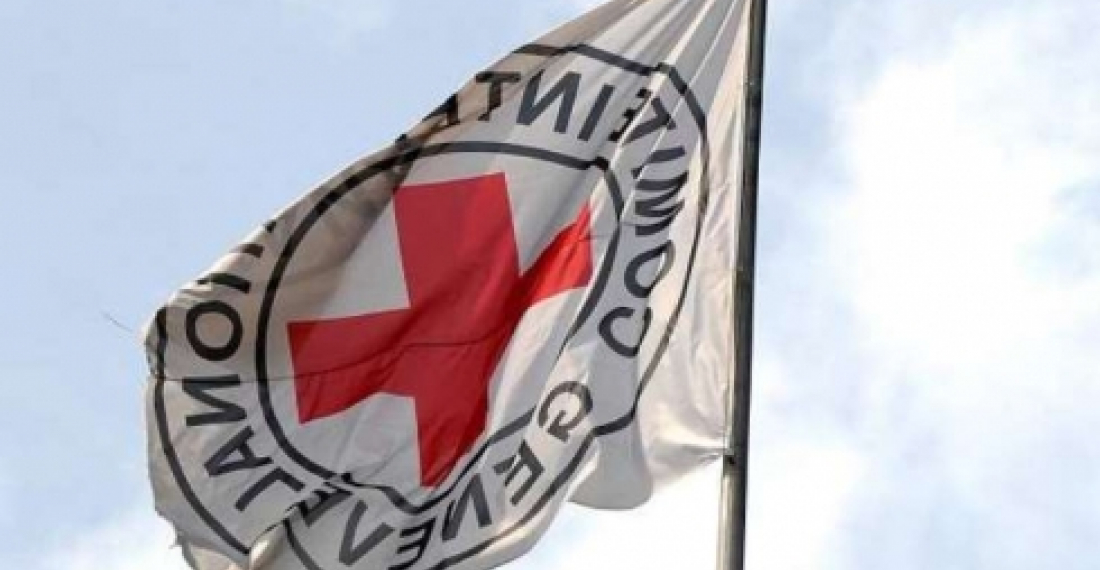Азербайджан угрожает изгнать представительство Международного Комитета Красного Креста из страны, если это международная организация не получит доступ к двум азербайджанцем, захваченным армянскими силами в зоне нагорно-карабахского конфликта несколько дней назад.
Вице-премьер и председатель Государственного комитета по работе с беженцами и вынужденными переселенцами Али Гасанов сообщил, что он предупредил на этот счет руководителя делегации МККК в Баку. Согласно азербайджанскому агентству АПА, "Гасанов отметил, что неспособность договориться о встрече с захваченными в Кельбаджарском районе спустя недели ставит под сомнение деятельность МККК".
ИА далее цитирует заместителя премьер-министра Азербайджана: "Кто из взятых в плен либо в заложники азербайджанской стороной подвергался пыткам? Почему, как только один армянин попадает в заложники азербайджанской стороны, МККК тут же обращается в азербайджанское правительство и немедленно организовывает встречу. Почему армянская сторона не делает этого? Поэтому во время встречи с руководством азербайджанского представительства МККК, я сделал им серьезное предупреждение, что если они не добьются этого, в отношении азербайджанского представительства Международного комитета красного креста будут приняты серьезные меры, вплоть до выдворения из страны… Пусть они потрудятся принять меры."
По словам политического редактора Commonspace.eu "такой общественный упрек Красному Кресту очень редкое явление, не только на Кавказе, но во всем мире. МККК является одним из наиболее уважаемых международных организаций в мире и его работа оценивается правительствами во всем мире. МККК работает довольно дипломатично на рубежах конфликтов и за всю ее историю на протяжении десятилетий помог миллионам заключенным. Это не первый случай когда организация попадает в такую ситуацию потому что по самой своей природе ее работа сложна и часто противоречива. Однако, такая позиция правительства Азербайджана застало многих членов международной организации врасплох. Доступ к заключенным зависит от страны или органа, располагающего пленными, и Красный Крест в такой ситуации неособо силен, если такой доступ не предоставлен сразу. В некоторых случаях у организации уходили месяцы прежде чем ей предоствляли достпу к пленным. МККК одно из немногих международных организаций, которая работает на рубеже конфликта в нагорно-карабахском конфликте, в том числе в Нагорном Карабахе. Ее изгнание из Азербайджана будет, следовательно, серьезным ударом по международному участию в процессе".
Более подробную информацию о происшествиях в Кельбаджаре читаете здесь:
Армения утверждает, что не предоставит статус военнопленных захваченным лицам.
Каспршик в СТЕПАНАКЕРТЕ; тайна «Азербайджанских террористов».
Источник: commonspace.eu






